
To mark 50 years since Agatha Christie’s death, BBC News has published a rare 1955 radio interview in which the famously private crime writer reflects on her childhood, writing habits, and the surprisingly simple routines behind her enduring mysteries.

Remote work has settled into a stable but highly uneven pattern in Hungary, with just over a quarter of companies offering home office options and most employers planning no major changes in the coming years, according to a new survey.

Voter preferences in Hungary remained largely unchanged over the Christmas break, with the governing Fidesz–KDNP alliance maintaining a clear lead over the opposition, according to a new poll that suggests the political balance has stabilized.
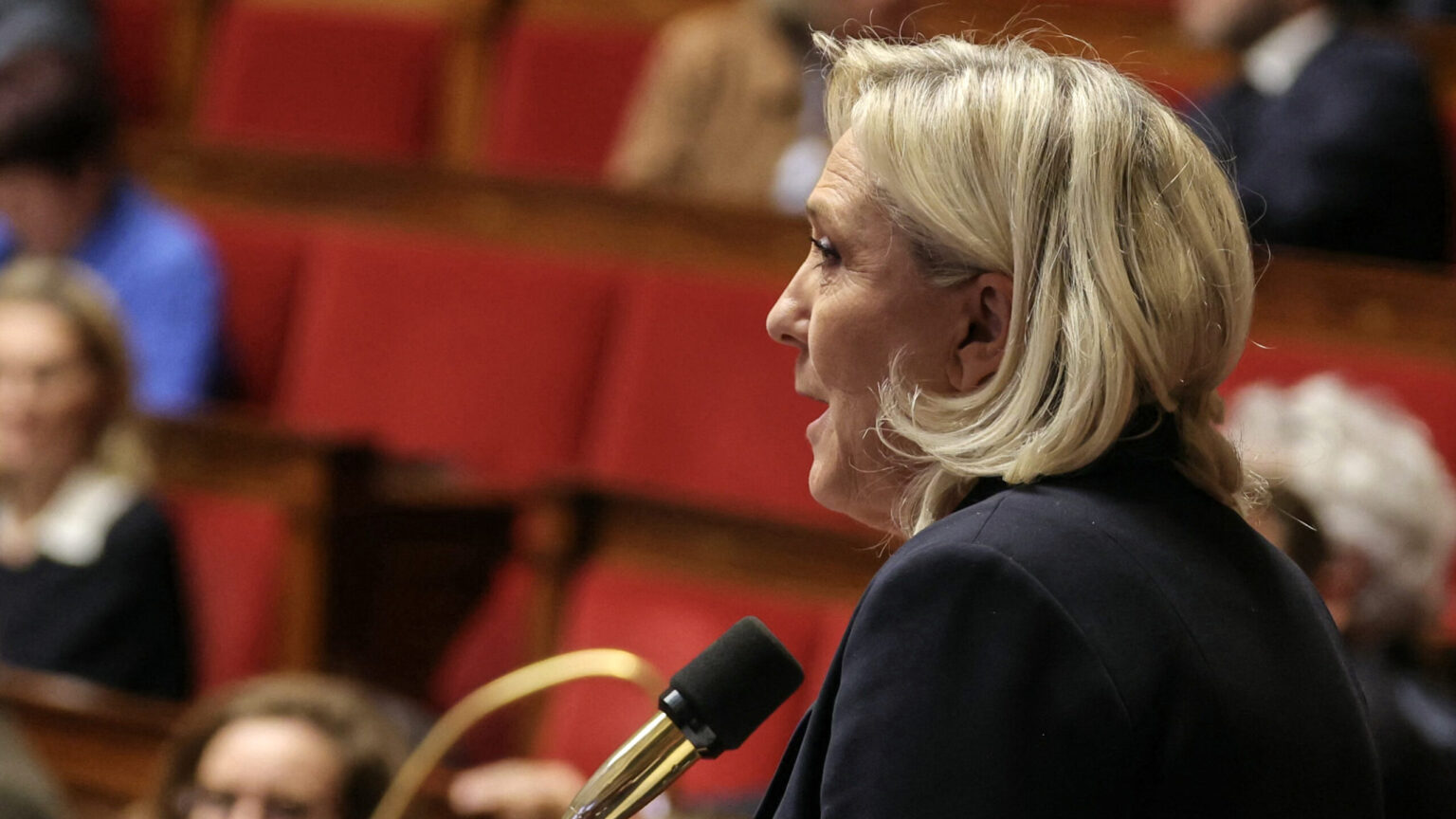
Marine Le Pen returns to court on 13 January as her appeal trial gets under way, challenging a conviction that bars her from holding public office for five years. At the centre of the case is whether the sanction is proportionate to the offence she was found guilty of.
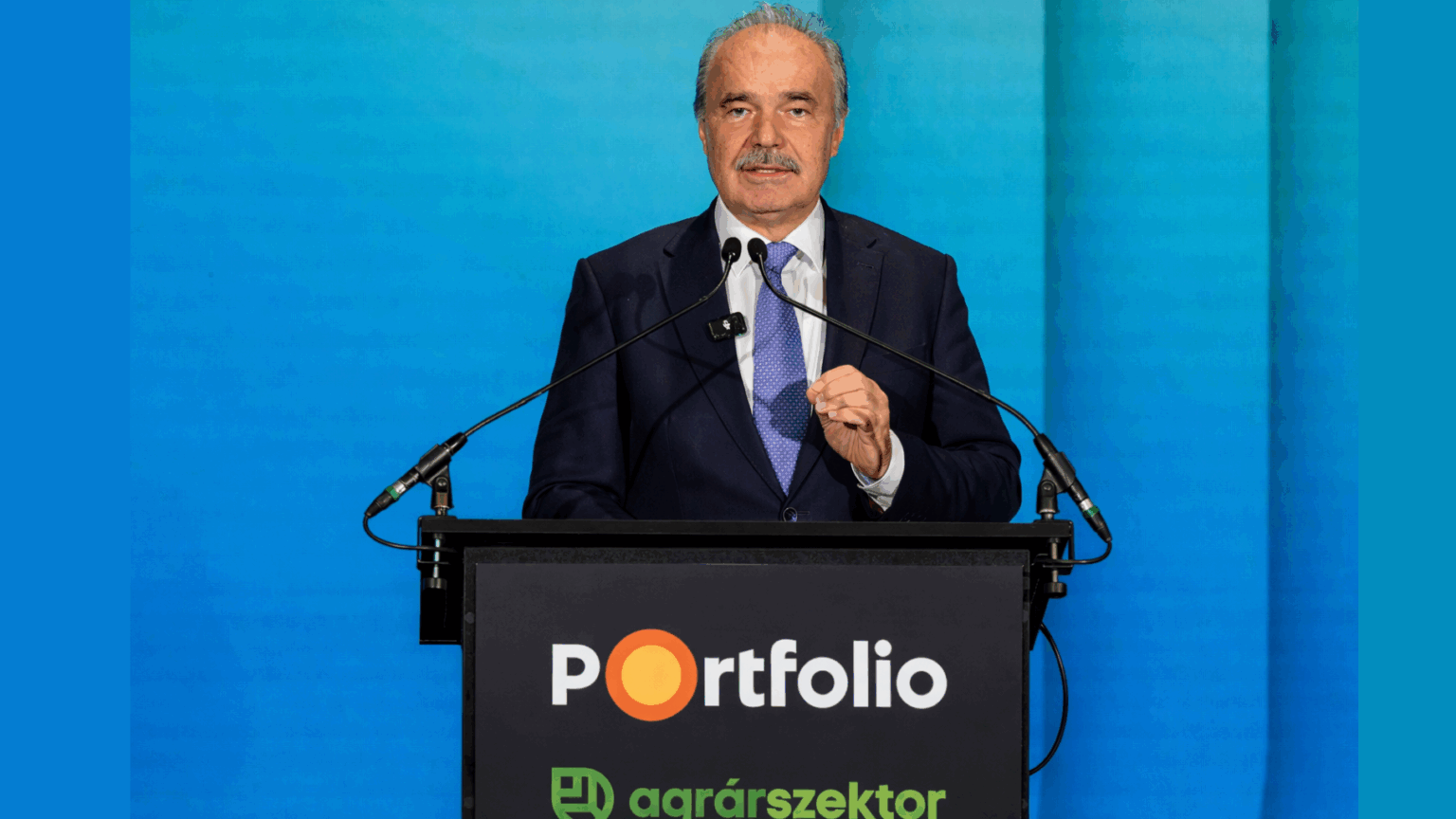
In a short video uploaded to YouTube, Minister of Agriculture István Nagy of Hungary argues against the free trade agreement with Mercosur countries proposed by the EU, as he fears it would lead to gene-modified agricultural products flooding the European market. He also criticized Brussels for cutting funding to European farmers.
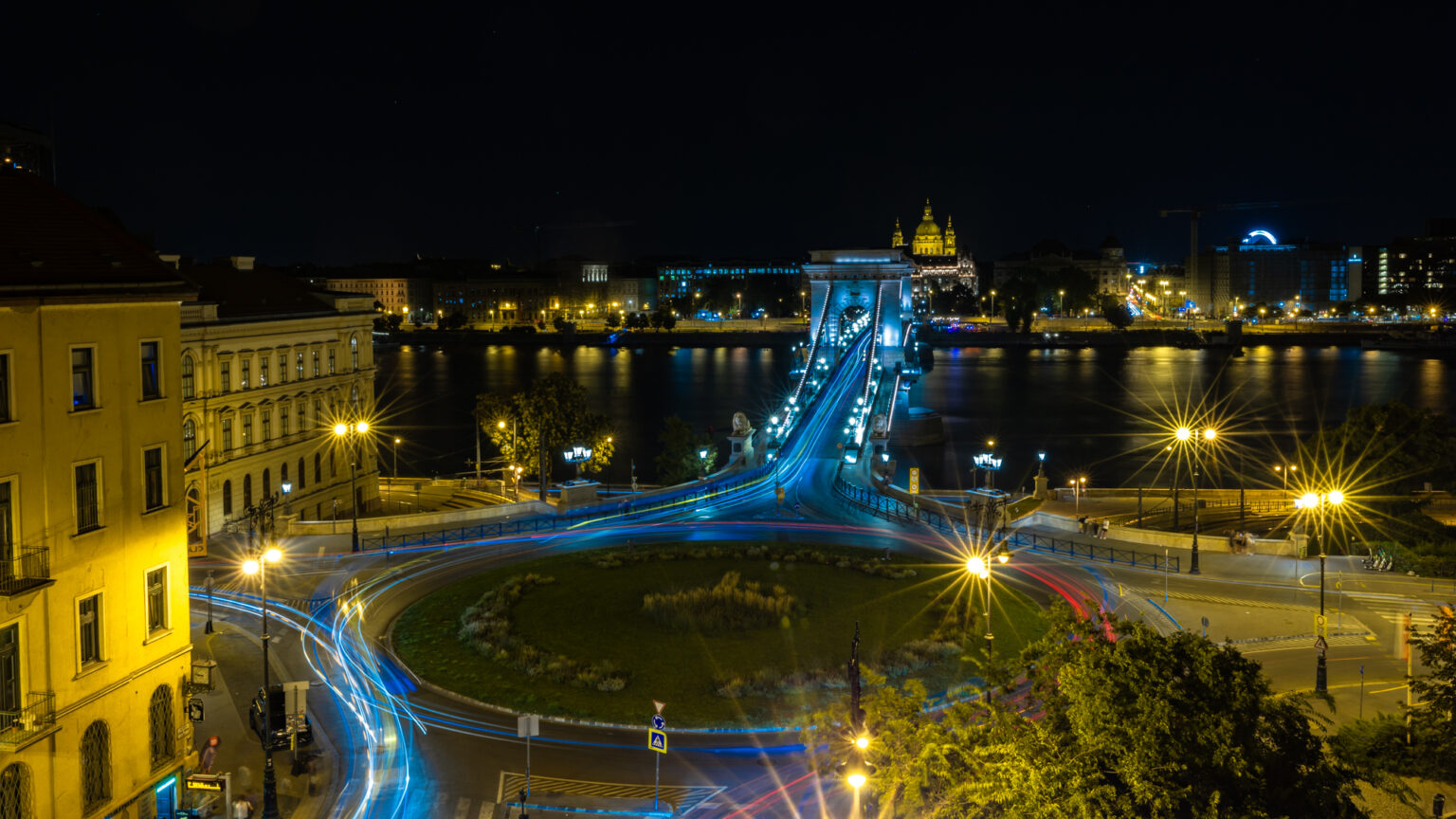
Hungary’s economy is often labelled small, yet new analysis suggests this perception is misleading. A study by the Oeconomus Economic Research Foundation shows that Hungary’s total economic output matches the combined GDP of several sovereign states, highlighting the country’s real economic weight in a global context.

‘The first “great truth” of the matter is that the vast majority of people who share very passionate opinions on the issue have not spent any significant amount of time learning about self-defence laws and cases in the United States. If they did, they would clearly see that this shooting is not a clear-cut case that would be easily dismissed or adjudicated with a guilty verdict at trial…’

Global warming is already exceeding the targets set in Paris in 2015 and is accelerating even faster in Central Europe, former Hungarian president János Áder warned in a podcast discussion, arguing that climate policy must shift from promises to technology-driven solutions.
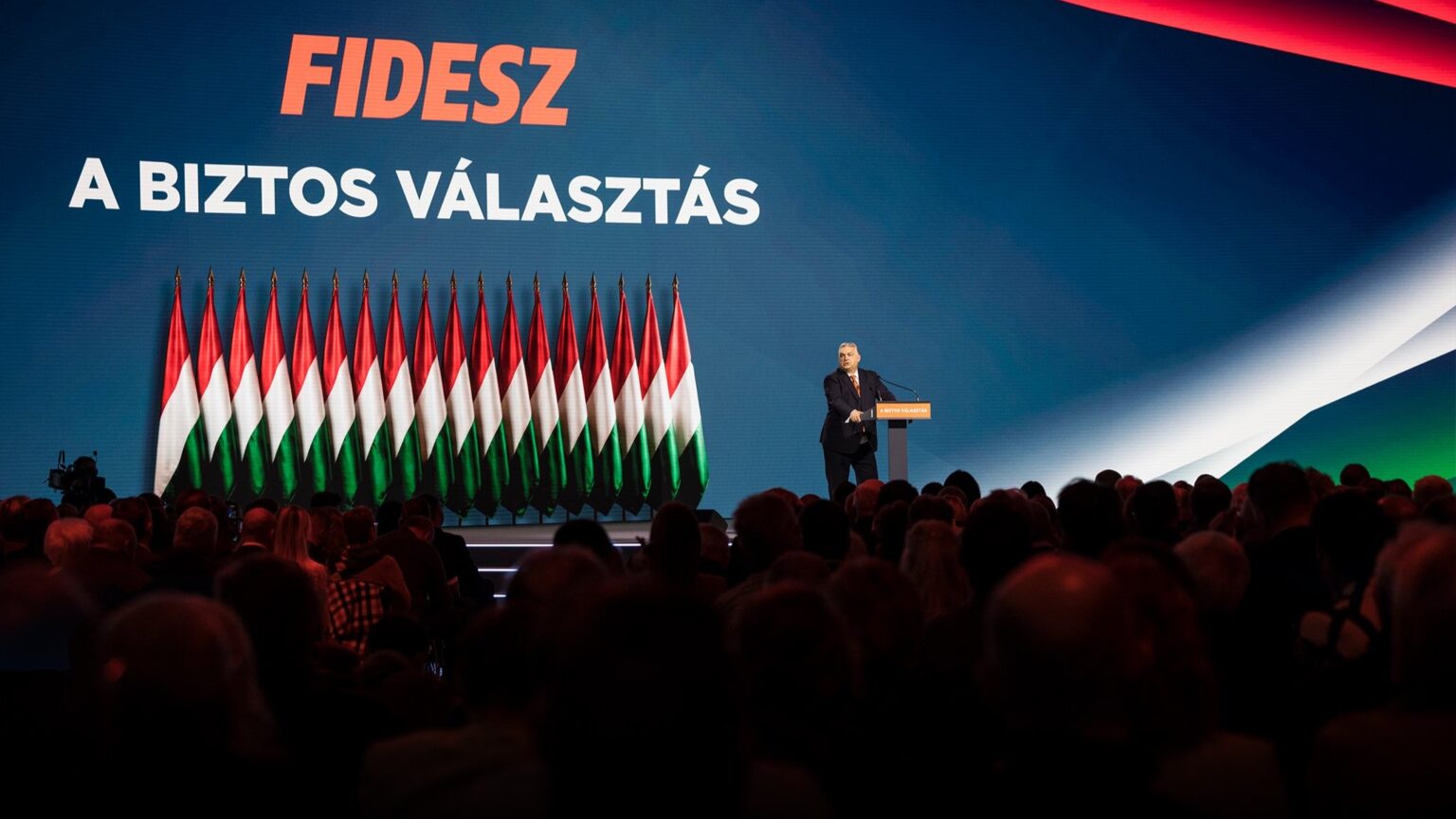
Hungarian Prime Minister Viktor Orbán has unveiled a generational renewal within the governing Fidesz–KDNP alliance ahead of the 2026 parliamentary election, announcing that 41 new candidates will join 65 returning MPs. Speaking at the party’s congress, Orbán framed the upcoming election as decisive for the future of Hungary.
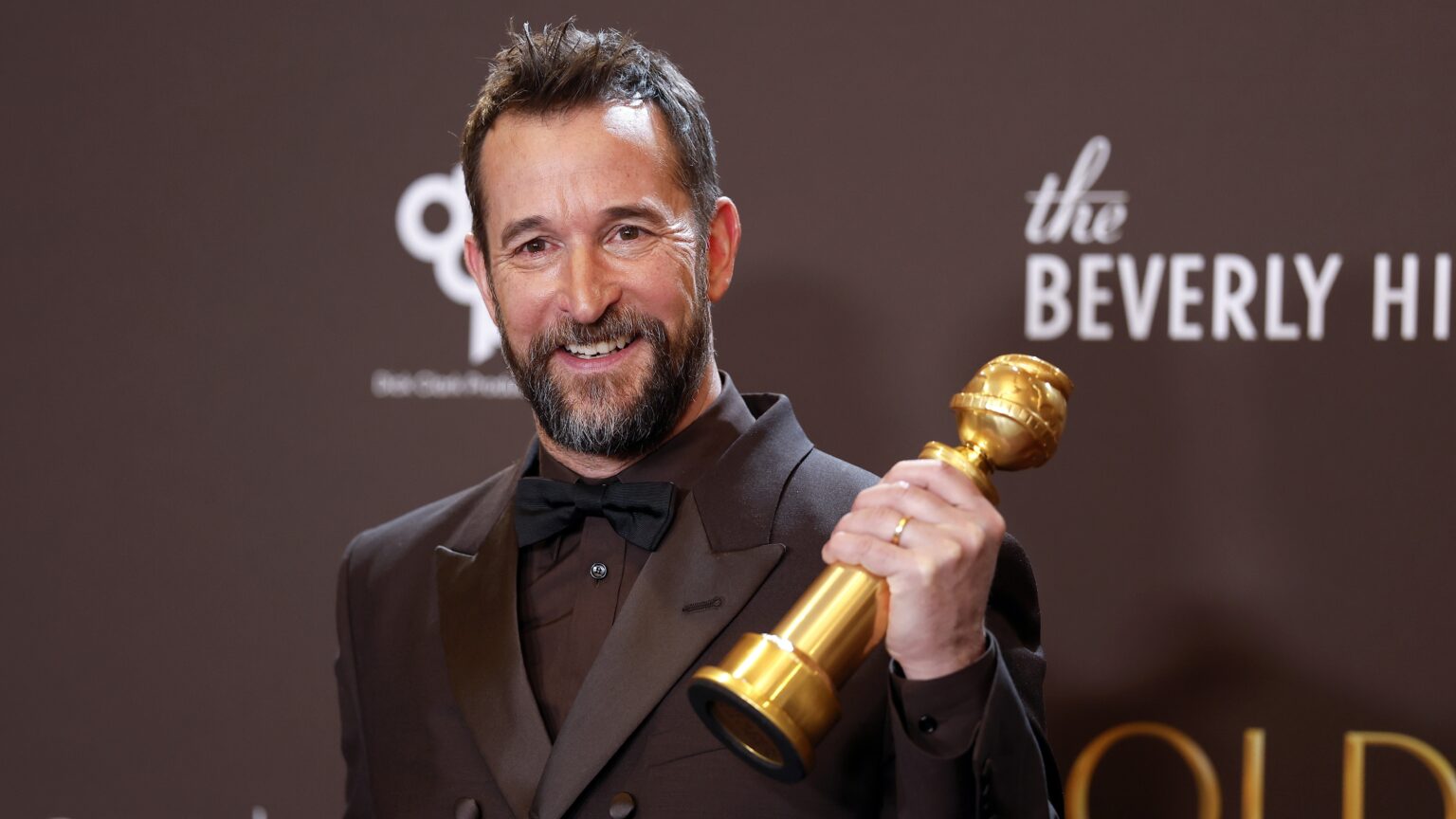
The 83rd Golden Globe Awards in Beverly Hills crowned a Leonardo DiCaprio-backed black comedy and the drama Hamnet as top films of the night, while The Pitt and The Studio led the television categories, setting the tone for the Oscar race ahead.
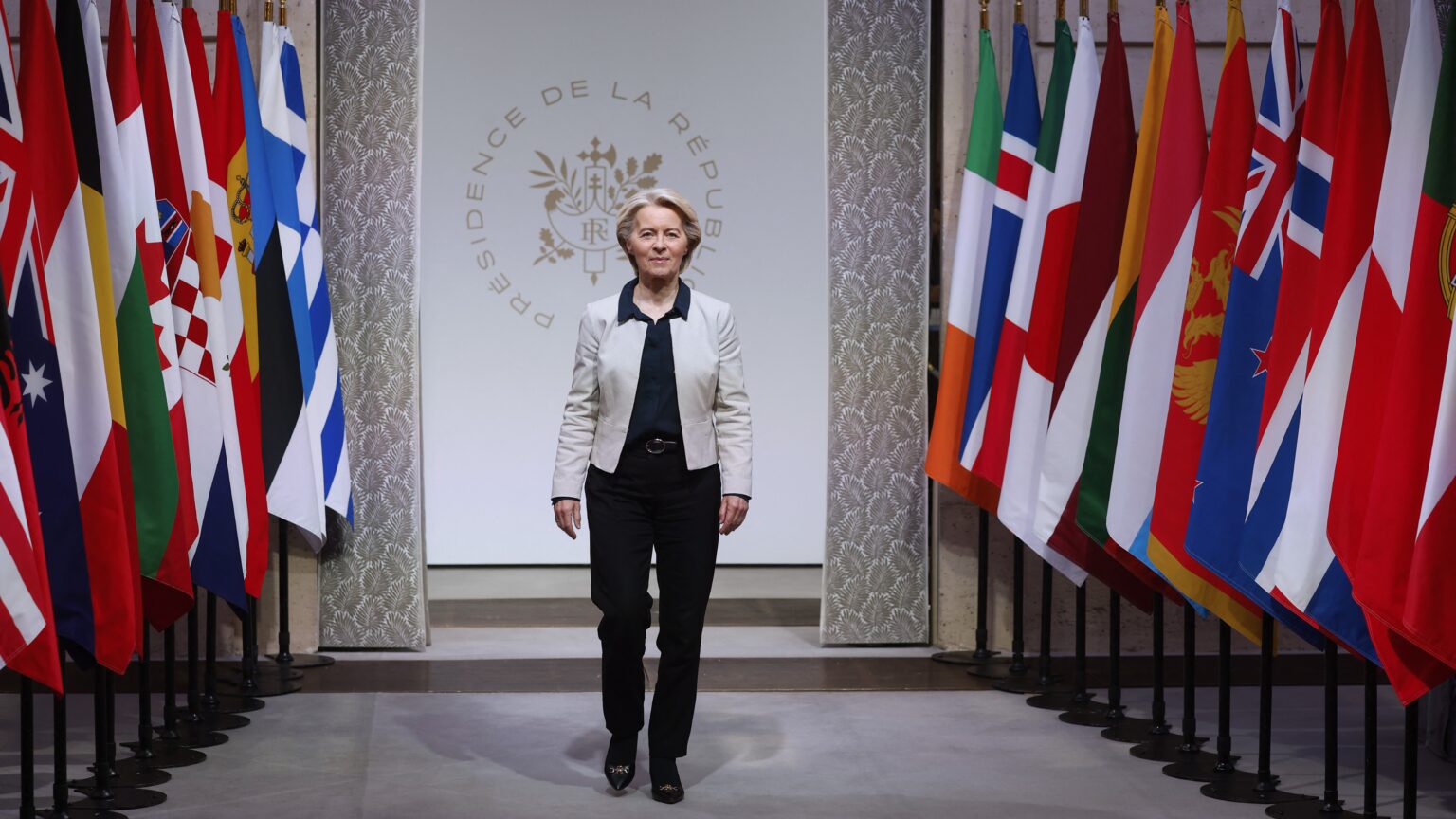
German MEP from the left-wing BSW Fabio De Masi sued the European Commission over its lack of transparency on arms-industry contacts. After months of incomplete replies, he argues the Commission violated EU treaties and the Parliament’s oversight rights—raising fears of a Pfizergate-like scandal amid the EU’s multibillion-euro defence spending.

GameStop has begun closing hundreds of stores just days into 2026, underscoring the steady decline of brick-and-mortar game retail as digital distribution grows, even as the company ties its future to an ambitious, high-stakes executive incentive plan.
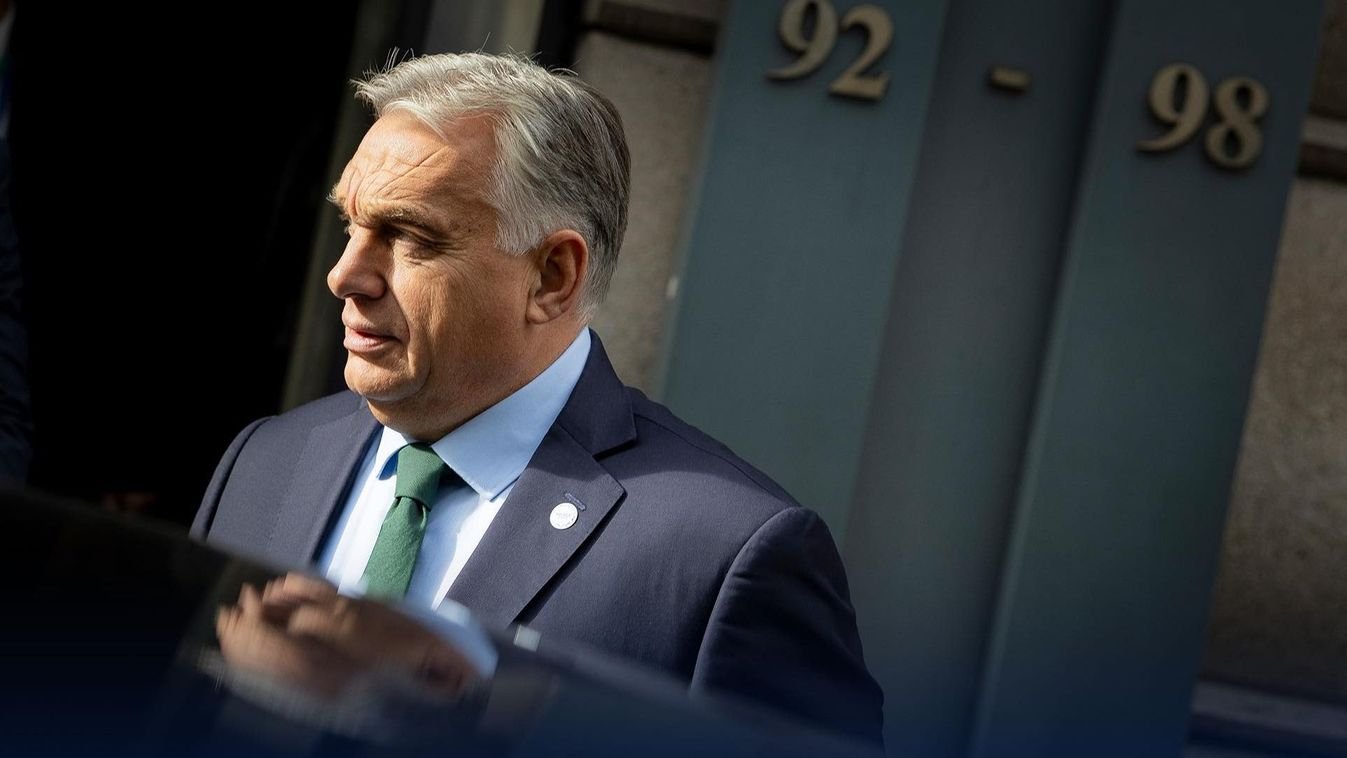
Hungarian Prime Minister Viktor Orbán has received public backing from a dozen foreign leaders, political figures, and celebrities ahead of the parliamentary election in April. Prominent figures from across Europe, Israel, and Latin America have voiced their support, framing the vote as a decisive moment for national sovereignty, migration policy, and Europe’s broader political future.
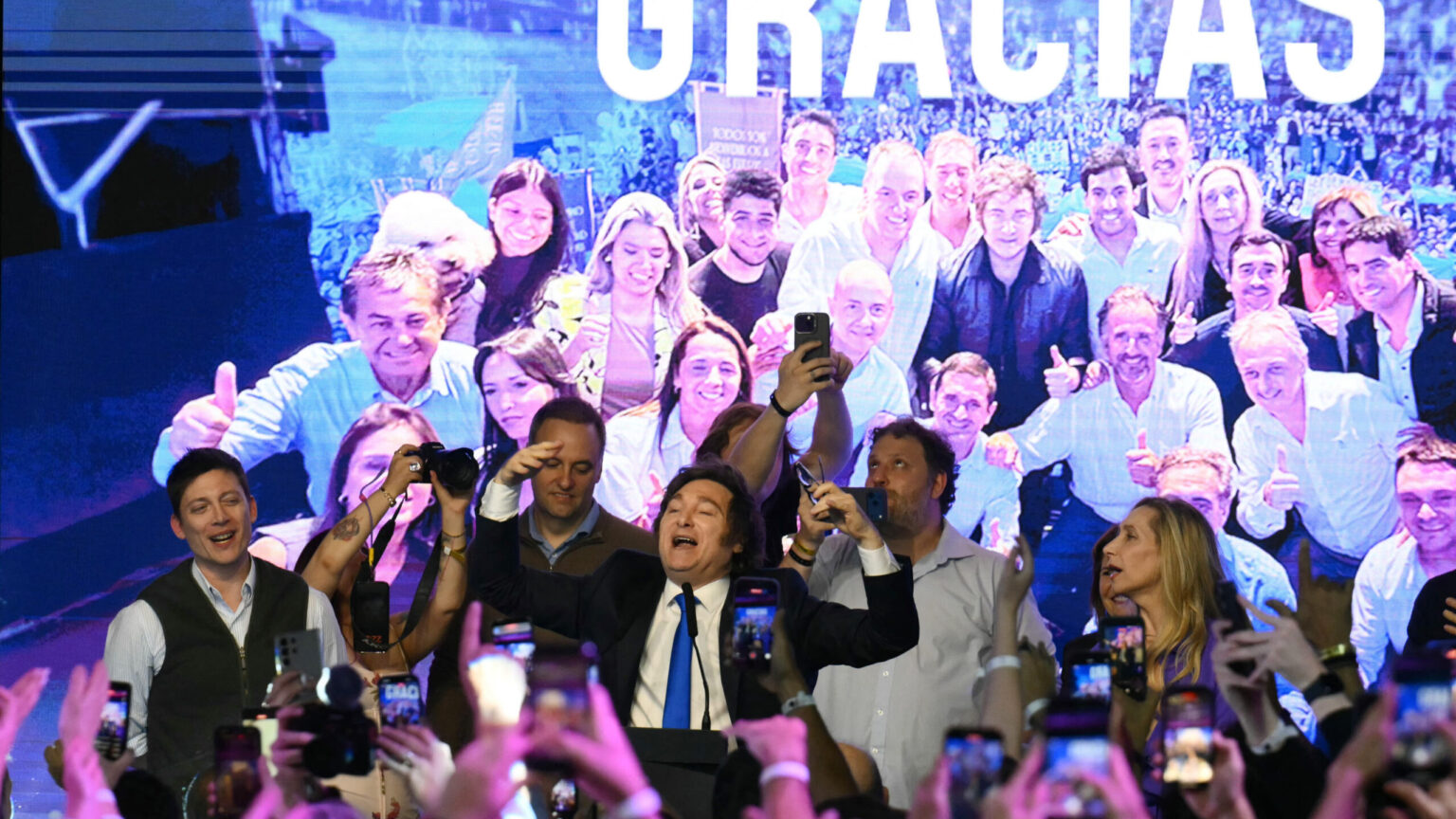
Argentina has repaid the full $2.5 billion drawn under its currency swap agreement with the United States, a move praised by Washington as proof of Buenos Aires’ improved financial stability. Hungary is negotiating a similar arrangement with Washington ahead of the parliamentary election in 2026, positioning an American swap line as insurance against market turbulence and political risk.
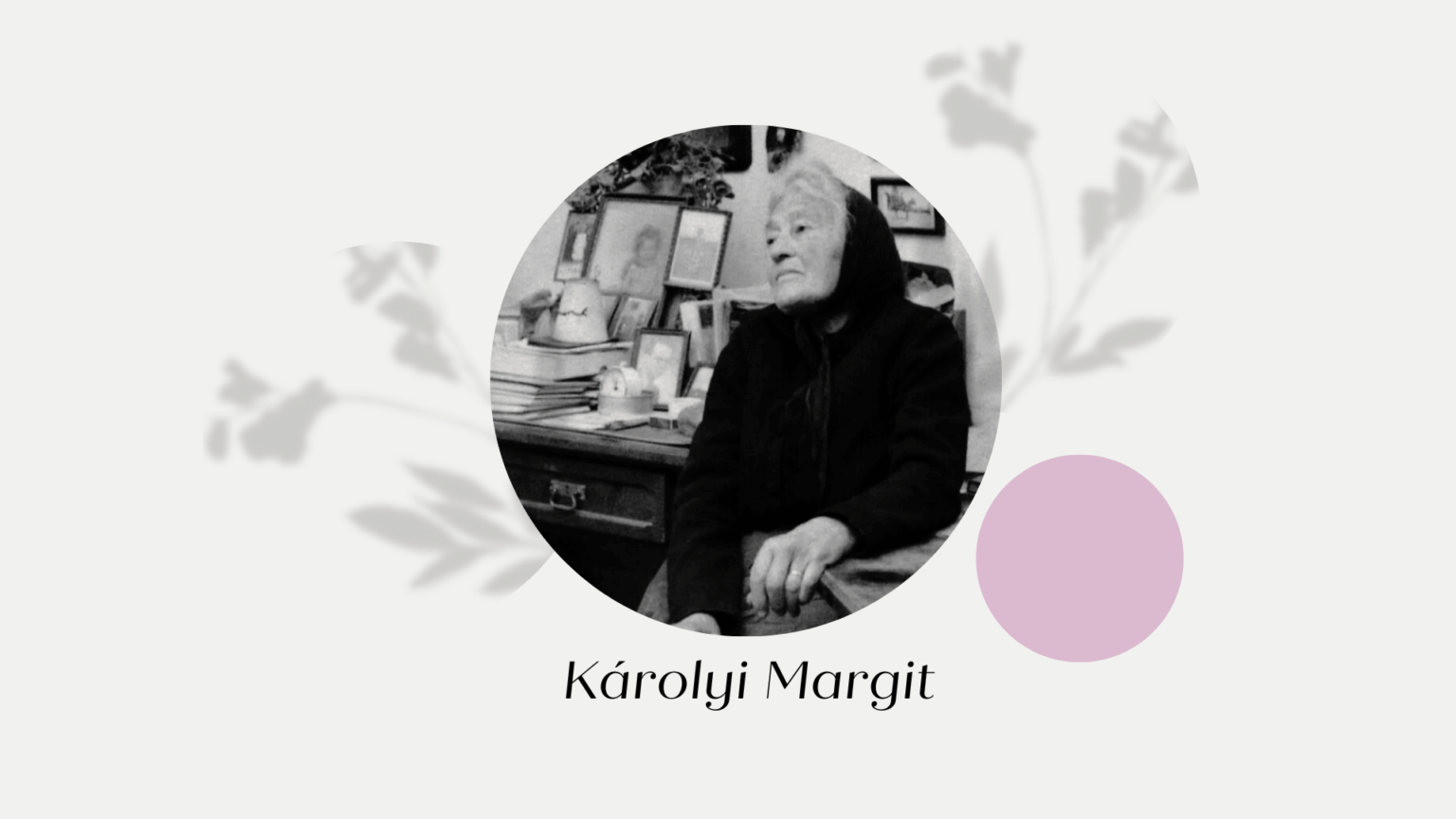
‘My grandmother was not a revolutionary; she was a lady of grace, but she treated everyone equally,’ Péter Esterházy wrote about his grandmother. A countess who lost her home, her two sons died, and her husband and daughter fled abroad—Mrs Margit Károlyi Esterházy lived in a monastic cell next to the family castle during the last years of her life.

‘It may come as a surprise, but the number of printed books is still growing today; there is a demand for them. Jorge Luis Borges writes that when he received the Brockhaus Encyclopedia as a gift, he was already blind, but he enjoyed feeling the volumes, having them there beside him. Books are meant to be felt, not just read.’
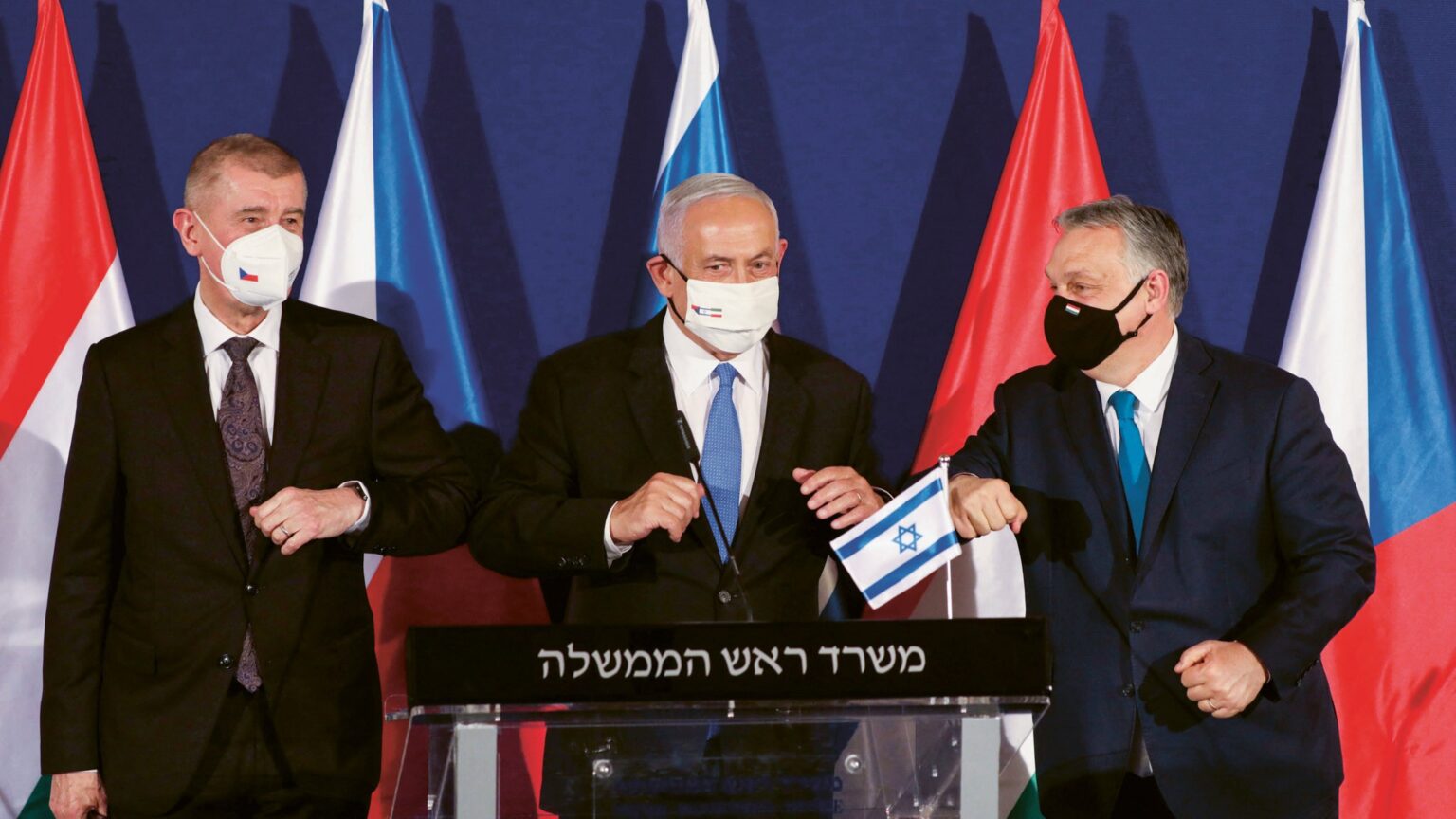
‘Broadly speaking, Hungary rejects the two main driving forces behind the anti-Israel sentiment in Europe: Wokeism and mass migration. But unlike other countries in Europe that share the same views on these topics, Hungary’s strong pro-Israel stance organically flows from this rejection, and also constitutes an integral part of its conservative vision for the future realignment of the European right.’

‘I received a scholarship that covered tuition fees, but the cost of living was very high. Alongside two training sessions a day, I had to study and also work—as a waiter—in order to be able to pay for accommodation…With the university team, we won the Eastern Championship, defeating universities such as Harvard, Princeton, Brown, and the Navy’s team, too.’
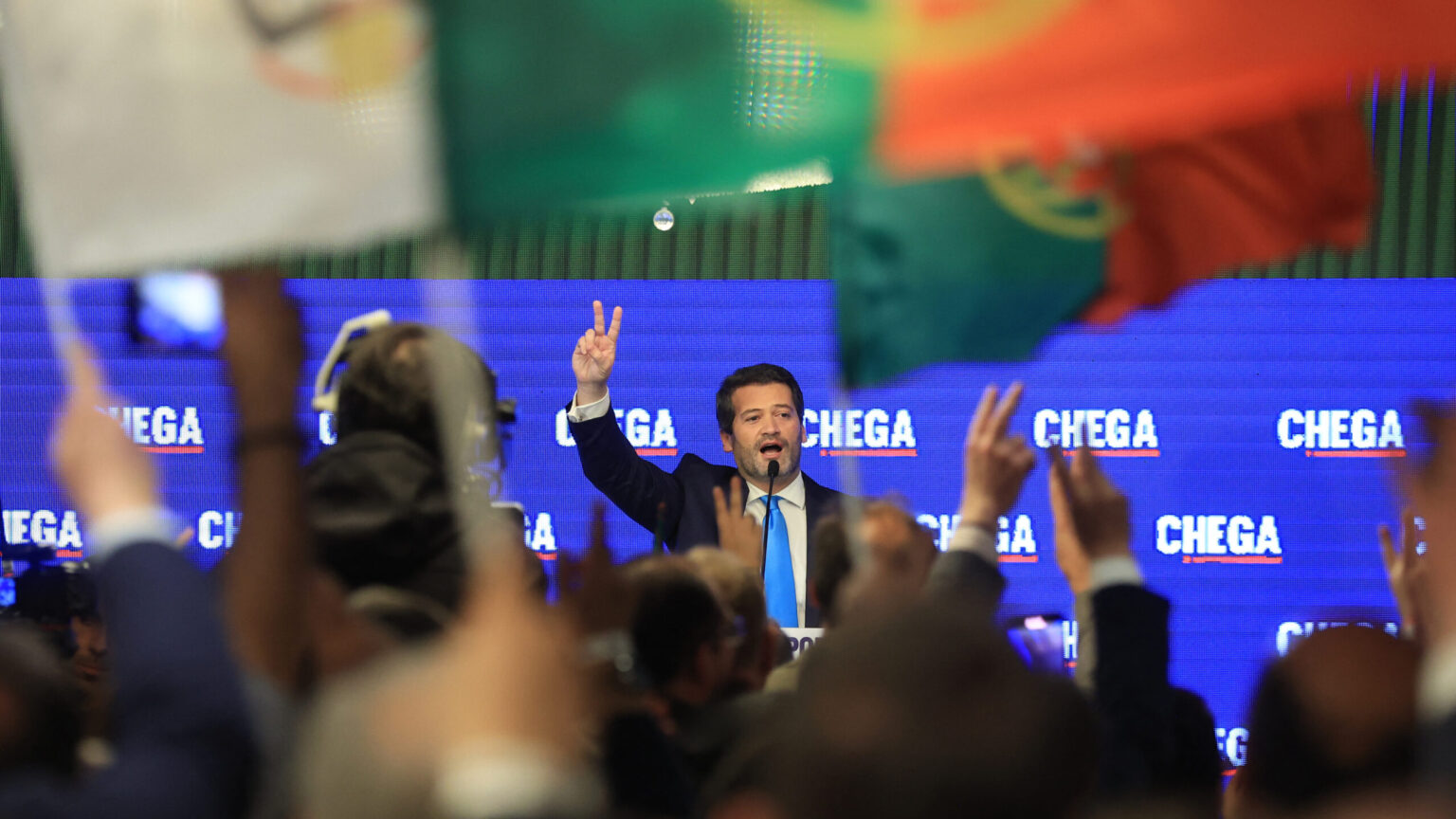
As Portugal prepares for its seventh election in just three years, the presidential contest is shaping up as a defining test for the country’s political future. With polls showing a near-certain run-off, Chega leader André Ventura has emerged as the frontrunner, signalling a further collapse of the traditional parties’ grip on power.

Hungary has emerged as a regional exception in Central and Eastern Europe, retaining access to Russian gas via TurkStream. While Austria and Slovakia face soaring transit tariffs due to under-utilized pipelines, Hungary’s network remains busy, with 2025 deliveries up 17 per cent and domestic consumption rising by 4.7 per cent.

Researchers from HUN-REN and the Budapest University of Technology and Economics are taking part in preparing the European Space Agency’s Plasma Observatory mission, aimed at delivering the most detailed picture yet of space weather and geomagnetic storms.

Abu Dhabi has imposed restrictions on scholarships to UK universities, warning of the risk of Islamist radicalization among Emirati students studying in Britain. The United Kingdom was deliberately omitted from the UAE’s revised list of approved foreign universities, underscoring deepening concern over Muslim Brotherhood influence on campuses.
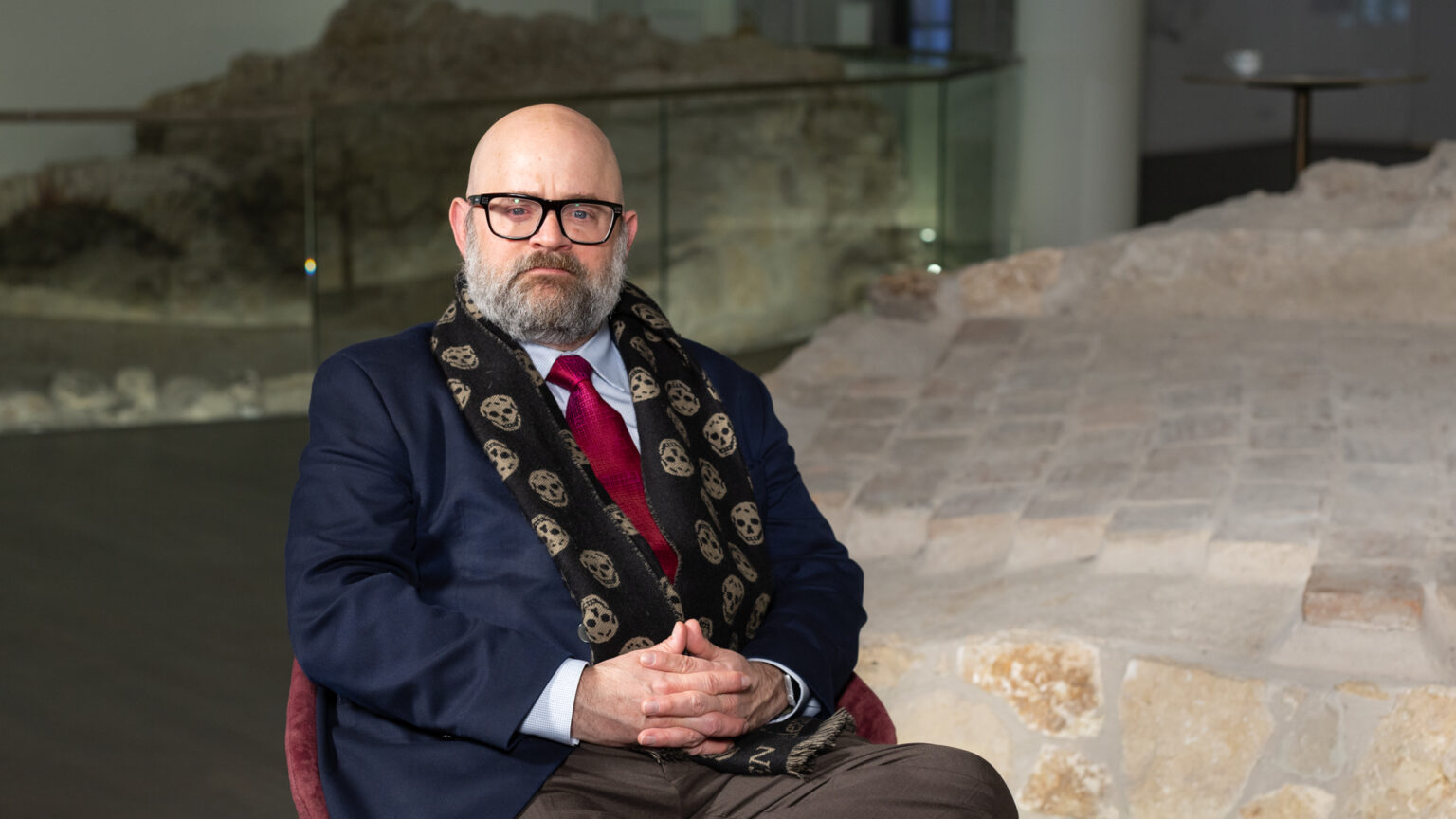
What does it mean to be human? What are the limits of the transhumanist idea that humans can overcome their biological constraints? What are the ethical issues with abortion and assisted reproduction? We asked O Carter Snead, a professor of law and an expert on bioethics, at the Axioma Center’s conference in Budapest about the concept of the human being from the perspectives of transhumanism and Christianity.
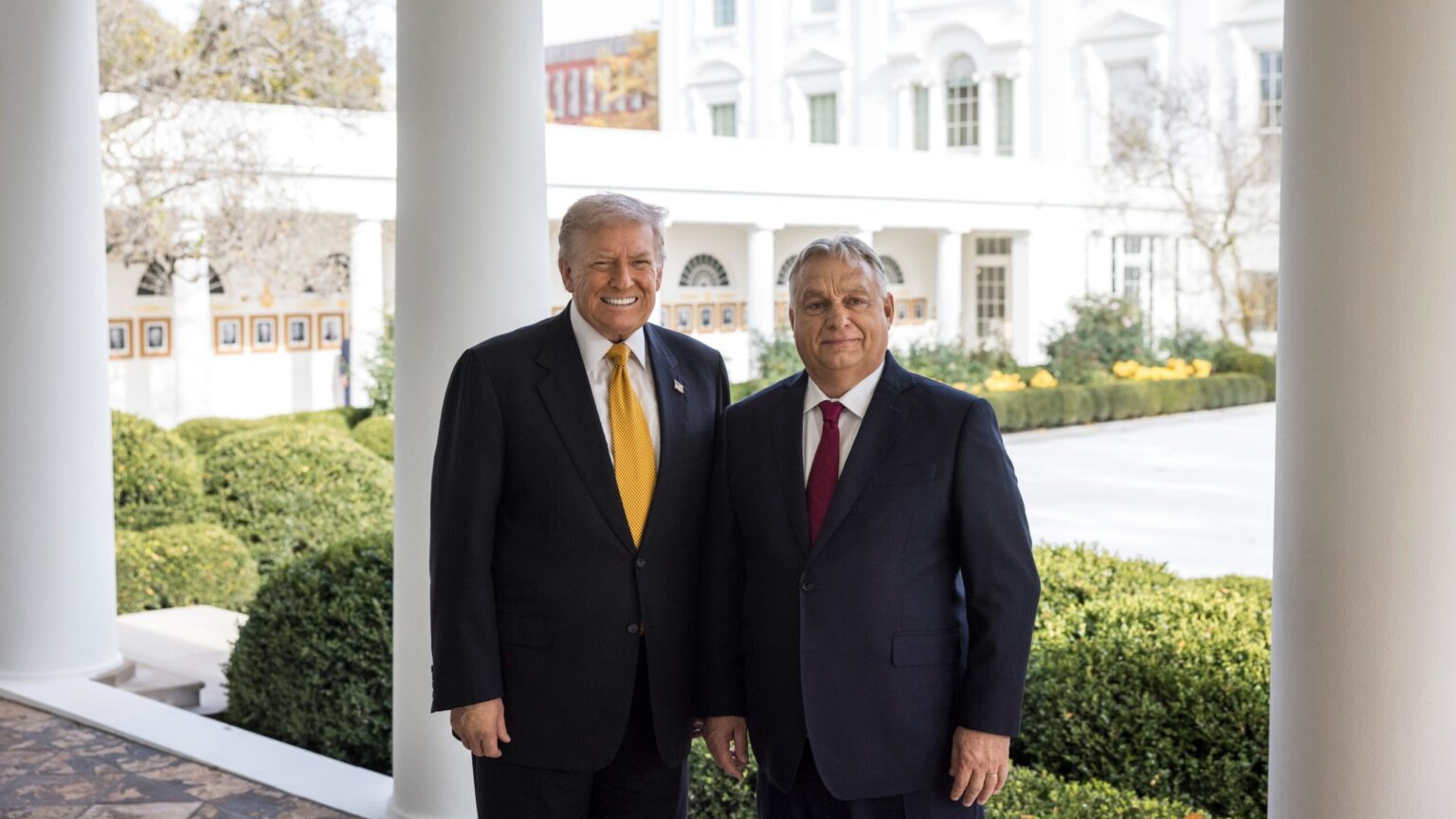
Prime Minister Viktor Orbán of Hungary has shared a letter from US President Trump in which he compliments his leadership, wishes him luck in this year’s election, and—more importantly—hints at a potential presidential visit to Hungary in the near future.

The HUN-REN Hungarian Research Network will host the Agentic Discovery Hackathon in Budapest on 15–16 January, bringing together AI experts and researchers to explore how autonomous, agent-based AI systems can transform scientific research and discovery.
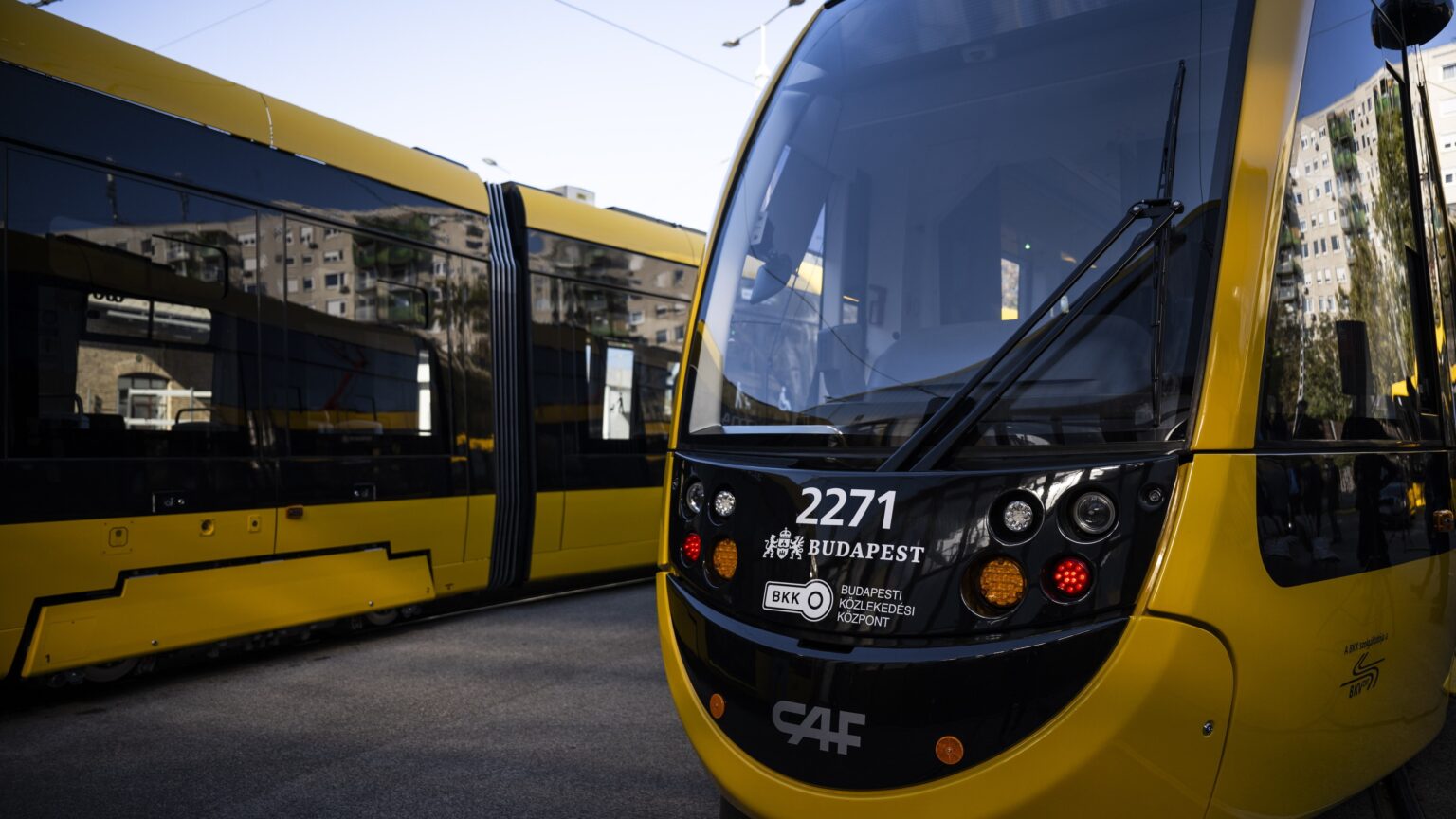
Budapest has placed its 26th new CAF tram into passenger service after successful test runs and official approval. The modern, low-floor vehicle will mainly operate on tram line 3, further improving comfort and accessibility in the capital.

Humanity may have gained a few extra years. The AI Futures Project, led by former OpenAI researcher Daniel Kokotajlo, has revised its forecast for superintelligent AI, concluding that the technological breakthroughs once expected by 2027 are now more likely to arrive in the early 2030s.

Two cute polar bear cubs were caught on camera enjoying their first snow at the Sóstó Zoo in Nyíregyháza, Hungary. A brief clip of the two of them playing has received over 109,000 likes on X within a day.
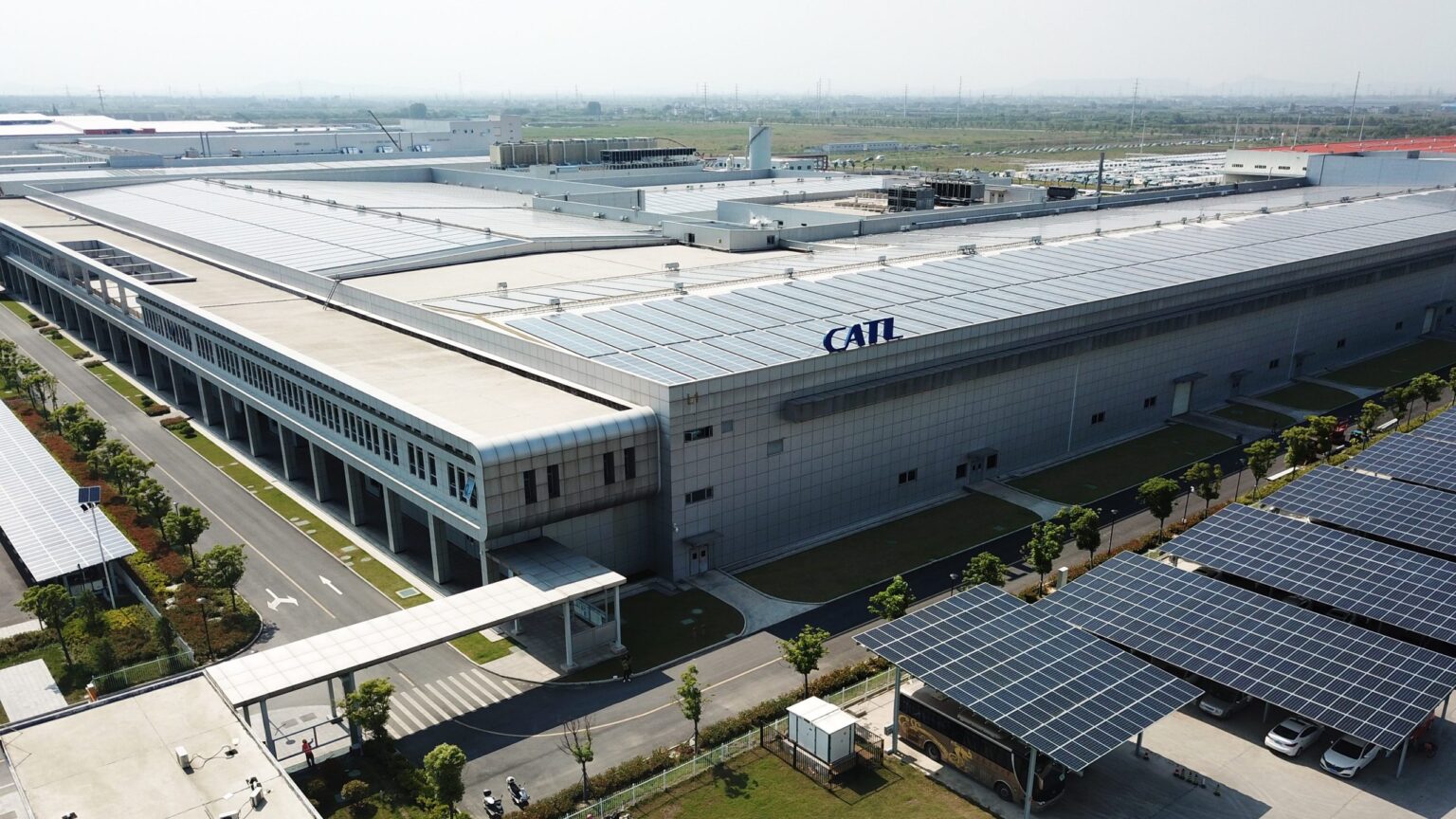
Hungary signed a record 108 new investment agreements last year, with projects worth more than €7 billion set to create over 18,000 jobs nationwide, according to government commissioner István Joó. The figures mark the strongest investment performance in Hungary’s history, despite global crises and the economic fallout of the Ukraine war.
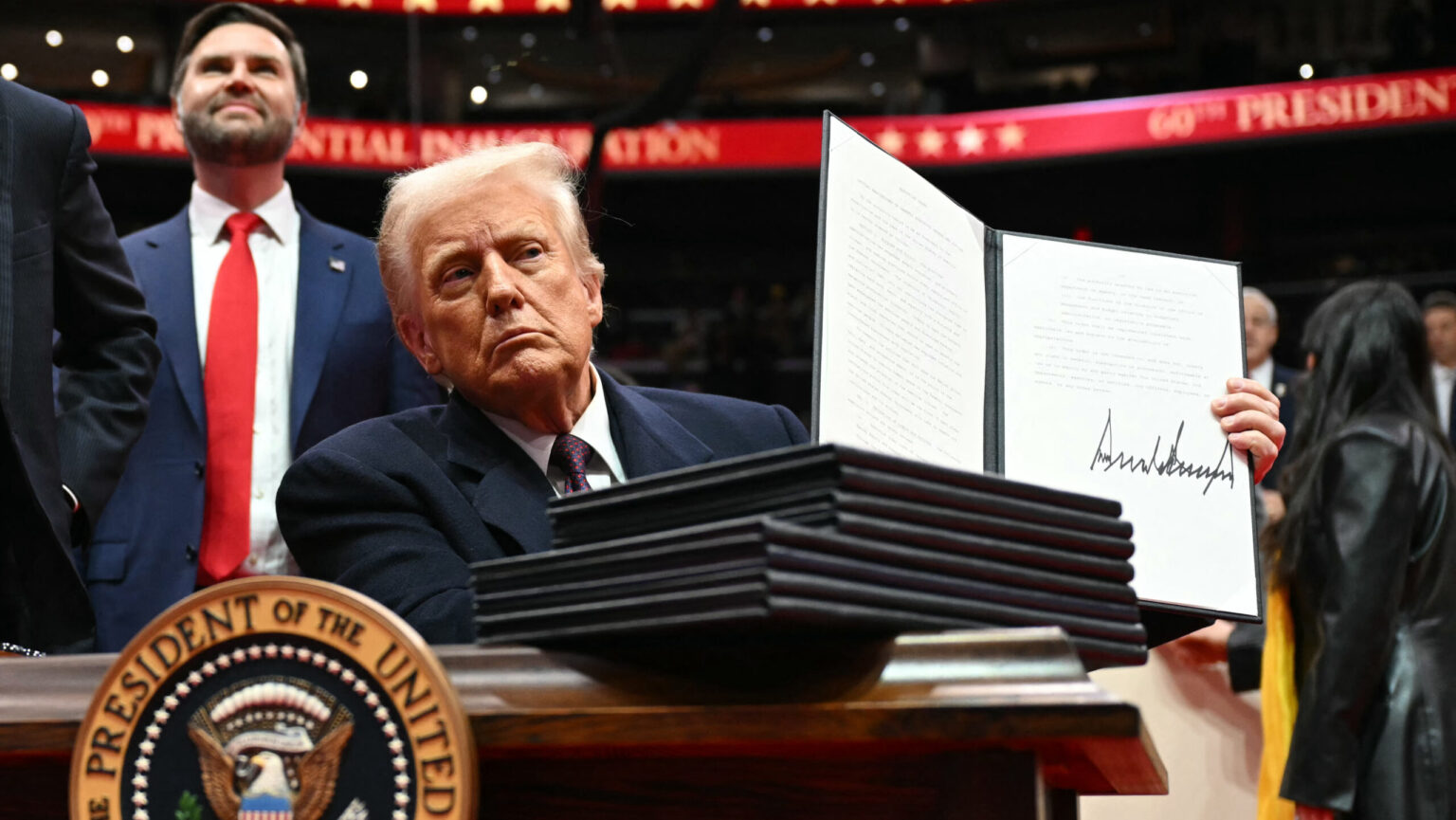
The United States is withdrawing from 66 international organizations and bodies after President Donald Trump signed an executive order halting American support for institutions deemed wasteful, mismanaged or hostile to US interests. The decision deepens Washington’s turn away from global governance frameworks and delivers another blow to the diminishing liberal world order.